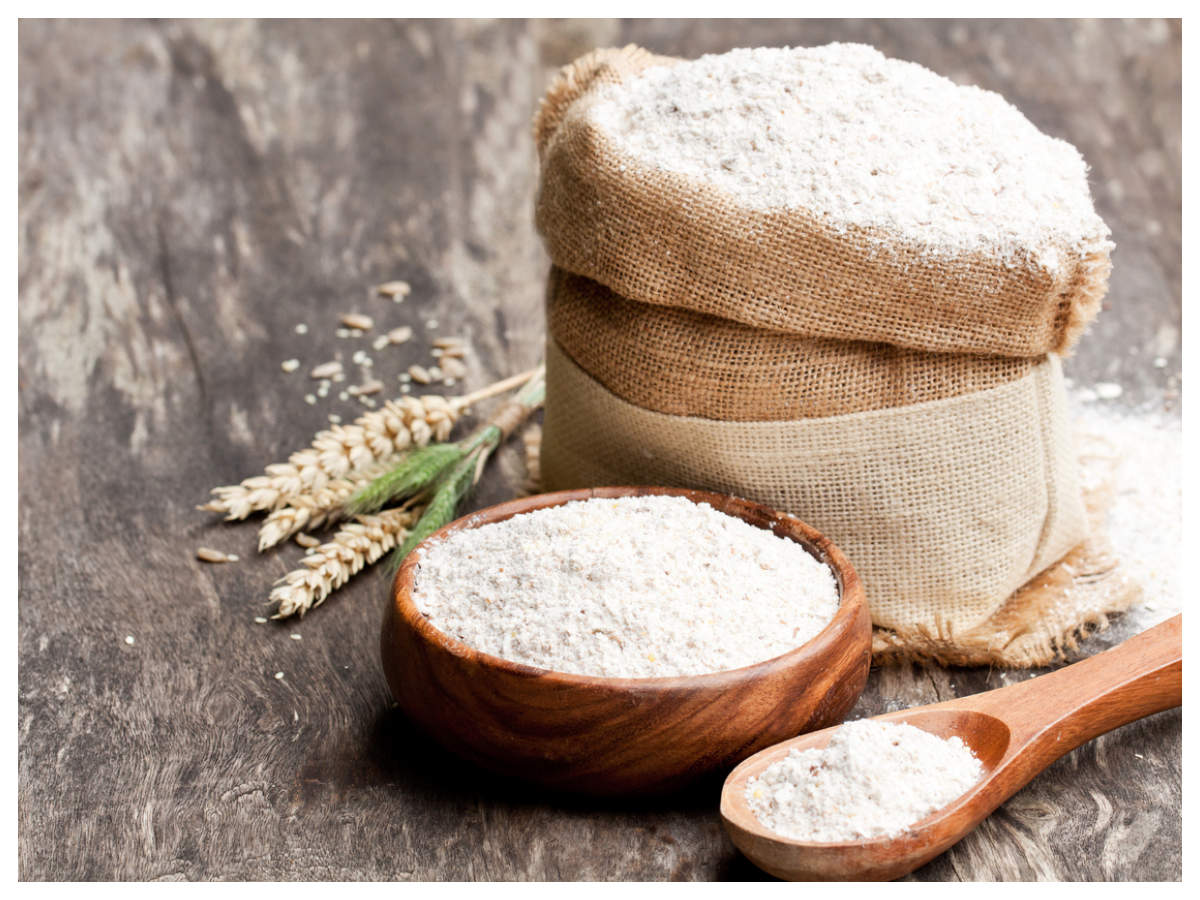Organic wheat flour is a popular choice for those looking to incorporate healthier ingredients into their diets. Not only does organic wheat flour offer a delicious, nutty flavor, but it also provides a range of nutritional benefits. In this article, we will explore the nutritional value of organic wheat flour and why it can be a valuable addition to your pantry.
The Benefits of Organic Wheat Flour
Organic wheat flour has a number of advantages over conventional wheat flour, making it a preferred choice for health-conscious individuals. Some of the key benefits include:
1. Higher Nutrient Content
- Organic wheat flour is typically milled from whole wheat kernels, which means it retains more of its natural nutrients compared to refined flour.
- It contains essential vitamins and minerals such as B vitamins, iron, and magnesium.
2. Rich in Fiber
- Organic wheat flour is an excellent source of dietary fiber, which is important for digestive health and can help promote feelings of fullness.
- Consuming fiber-rich foods like organic wheat flour may also help lower cholesterol levels and reduce the risk of heart disease.
3. Antioxidant Properties
- Organic wheat flour contains antioxidants that help neutralize harmful free radicals in the body, which can reduce inflammation and lower the risk of chronic diseases.
- These antioxidants may also have anti-aging effects and promote overall wellness.
Nutritional Profile of Organic Wheat Flour
Organic wheat flour is a nutrient-dense ingredient that can enhance the nutritional value of your meals. Here is a breakdown of the key nutrients found in organic wheat flour:
1. Protein
- Organic wheat flour is a good source of plant-based protein, making it a valuable ingredient for vegetarians and vegans.
- Protein is essential for building and repairing tissues in the body, as well as supporting immune function.
2. Carbohydrates
- Organic wheat flour provides a source of energy in the form of carbohydrates, which are the body's primary fuel source.
- Carbohydrates in organic wheat flour are complex and release energy slowly, helping to maintain stable blood sugar levels.
3. Vitamins and Minerals
- Organic wheat flour contains a variety of essential vitamins and minerals, including:
- Vitamin B1 (thiamine)
- Vitamin B3 (niacin)
- Folate
- Iron
- Magnesium
- These nutrients play a vital role in supporting overall health and well-being.
How to Incorporate Organic Wheat Flour into Your Diet
There are many ways to enjoy the nutritional benefits of organic wheat flour in your daily meals. Here are some ideas to help you incorporate organic wheat flour into your diet:
1. Baking
- Use organic wheat flour as a healthier alternative to refined flour in your baked goods, such as bread, muffins, and cookies.
- Experiment with different recipes to find delicious ways to incorporate organic wheat flour into your favorite treats.
2. Cooking
- Use organic wheat flour as a thickening agent for soups, stews, and sauces.
- Create homemade pasta or noodles using organic wheat flour for a fresh and nutritious meal.
3. Pancakes and Waffles
- Make fluffy pancakes and crispy waffles using organic wheat flour for a wholesome breakfast or brunch option.
- Top your pancakes and waffles with fresh fruit, nuts, or a drizzle of honey for added flavor and nutrition.
Conclusion
Organic wheat flour is a nutritious and versatile ingredient that can enhance the flavor and nutritional value of your meals. With its rich nutrient content, including protein, fiber, vitamins, and minerals, organic wheat flour is a valuable addition to any healthy diet. Whether you're baking, cooking, or making breakfast foods, organic wheat flour can be a delicious and nutritious choice for you and your family.
